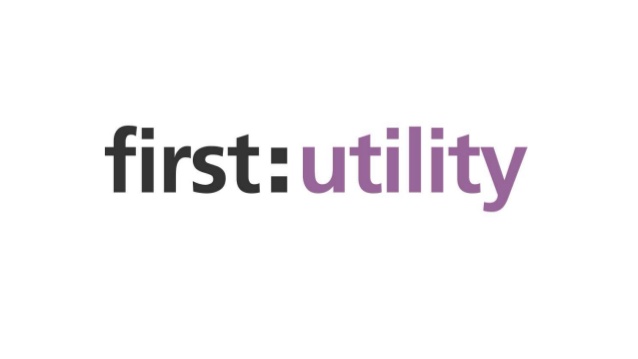Sirius Blog: You ask, we answer!
-
The True Cost of MySQL
You Ask, We Answer: The Cost of MySQL – How Much Does the Database Really Cost? (Licensing, TCO, and Support)
Here at Sirius, we often get asked, "How much does MySQL cost?" This is a critical question, and one that deserves a clear, honest answer. We understand the need to know the true financial implications of any technology choice, as database infrastructure decisions are ones a business will have to live with for years.
-
Best in Class DevOps Platforms
*/ -
Review of the GitLab DevSecOps Platform
You Ask, We Answer: A Comprehensive Review of the GitLab DevSecOps Platform
Here at Sirius, we often get asked, "What is the ultimate verdict on GitLab? Is the single integrated DevSecOps solution truly efficient, or does its architectural complexity mask operational risks and hidden costs?". This is a very good question, and one that deserves a clear, honest answer.
-
GitLab Versus and Comparisons - GitHub, Bitbucket, Azure DevOps
You Ask, We Answer: GitLab Versus and Comparisons (GitHub, Bitbucket, Azure DevOps)
Here at Sirius, we often get asked, "Should we choose GitLab, GitHub, or Bitbucket? Which platform truly offers the best balance of features, community, and governance?". This is a very good question, and one that deserves a clear, honest answer. We understand the fascination with comparisons and the need for detailed, unbiased information before choosing a platform that dictates their entire software development lifecycle (SDLC) for years.
-
GitLab Problems and Risks
You Ask, We Answer: What are the Systemic Problems and Risks Associated with GitLab?
Here at Sirius, we often get asked, "What are the common and systemic problems with GitLab? Are the risks associated with self-managed deployments too high, or is the platform truly ready for enterprise scale?" This is a very good question, and one that deserves a clear, honest answer. We understand that we all tend to worry more about what might go wrong than what will go right when making a purchasing decision, and actively search for potential problems.
















































